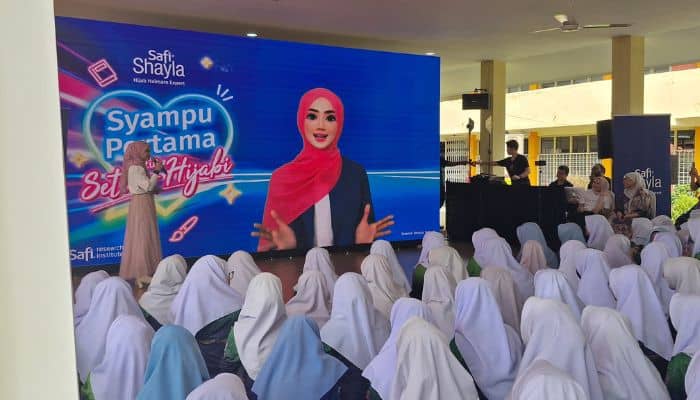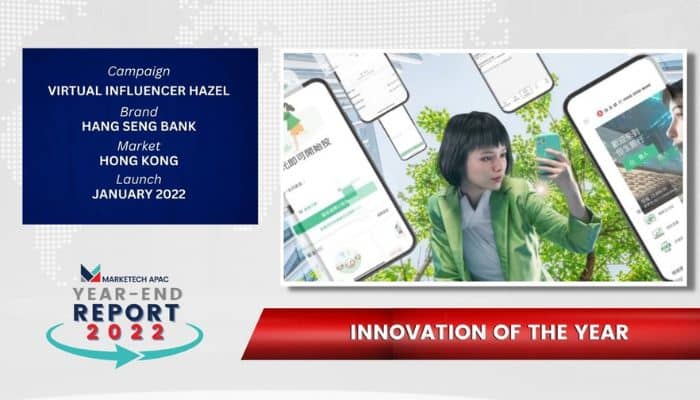Kuala Lumpur, Malaysia – Halal personal care brand Safi, in partnership with IPG Mediabrands’ MBCS, has launched ‘Sis Shay’, a virtual hijabi educator aimed at driving hijabi haircare awareness especially to the hijabi youth.
Sis Shay, a role model who raises awareness around hijabi haircare, was brought to life by Safi Shayla as a relatable character that aligns with the pop culture of younger hijabi audiences. As a digital entity, Sis Shay exists both online and on-ground as she drives hijabi haircare education and spreads messages around the importance of using a hijab hair specialised shampoo, building confidence in hijabi youth everywhere.
Through visits at SMK Convent Kajang and Sekolah Seri Puteri Cyberjaya, students were able to interact with Sis Shay as she answered some of their pressing questions around hijabi haircare and other pertinent questions around the changes they face as youth.
Moving forward, Sis Shay will also be seen in other schools and on social media through a digital comic series that educates on hijab haircare through storytelling, fostering deeper engagement and relevance for younger hijabi girls.
Jennifer Wee, creative director of MBCS said, “There is still a gap in hijab haircare education, and as yet, no one seems to be addressing or championing this space. Our insights indicate that young Malaysians, particularly Gen Alpha and those aged 16-21 in the process of building brand loyalty are relying heavily on digital resources to inform their choices. By having Sis Shay meet them through the form of a virtual character in the Safi Shayla universe, we aim to provide a safe space for hijabis. One filled with confidence and support as they navigate through their challenges for the long-term.”
She added, “Sis Shay is more than a character. She’s a relatable digital “older sister” who understands the challenges faced by young Malaysian girls, especially within the hijabi community. She’s interactive, digitally and physically “present”, and says “I’ve got you”. Her energetic presence leaves a lasting impression, and we’re excited to build on her possibilities.”
Meanwhile, Kazlina Mohd Kassim, SAFI Brand & Insights Specialist of Wipro Unza, commented, “As Malaysia’s leading hijab haircare expert, Safi Shayla understands the challenges hijabi newbies face in adapting to their adolescence stage and the root causes of their hair care concerns. Safi Research Institute’s studies have shown that a hijabi scalp differs from a non-hijabi scalp, leading Safi Shayla to formulate hijab hair specialised shampoo tailored specifically for hijabis.
Kazline added, “MBCS’s introduction of Sis Shay is a novel approach that helps us connect the dots between haircare education and hijabi hair health to build awareness in a modern and relevant way. Her bubbly yet informative approach makes every tutorial fun & easily comprehensible, and if you’re ever in need of hair care wisdom served with a side of humour, look no further. Sis Shay as your go-to sister truly embodies Safi Shayla’s expertise in hijab haircare, serving as the digital face in educating hijabis with specialised haircare knowledge.”















